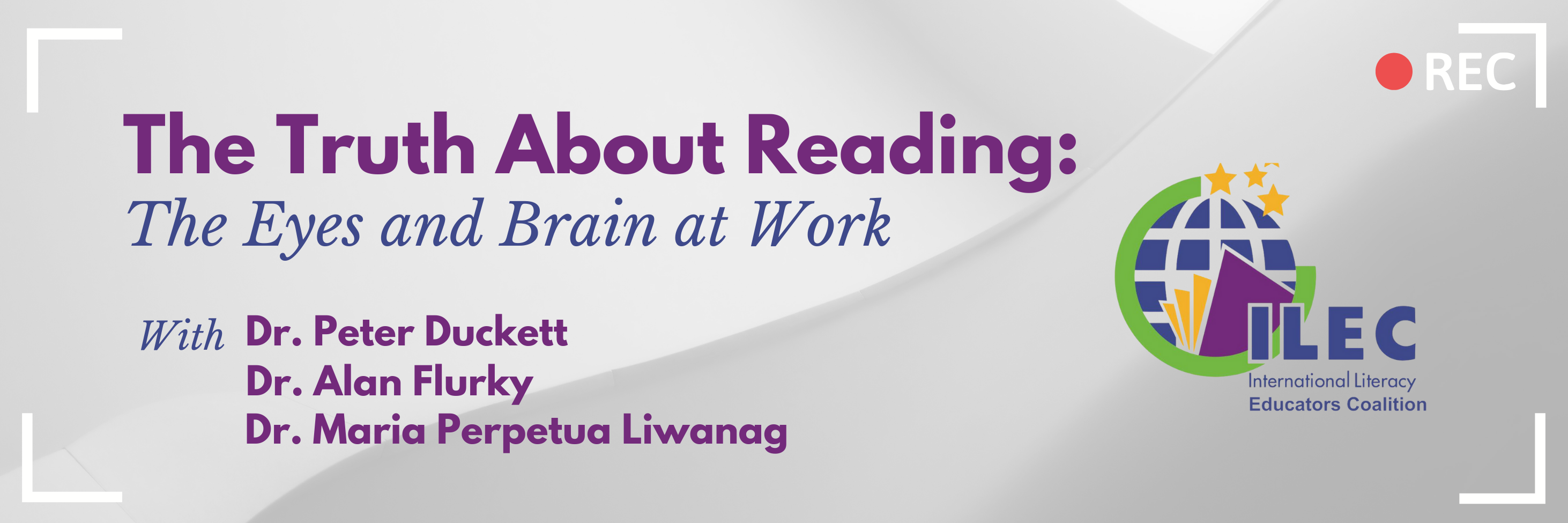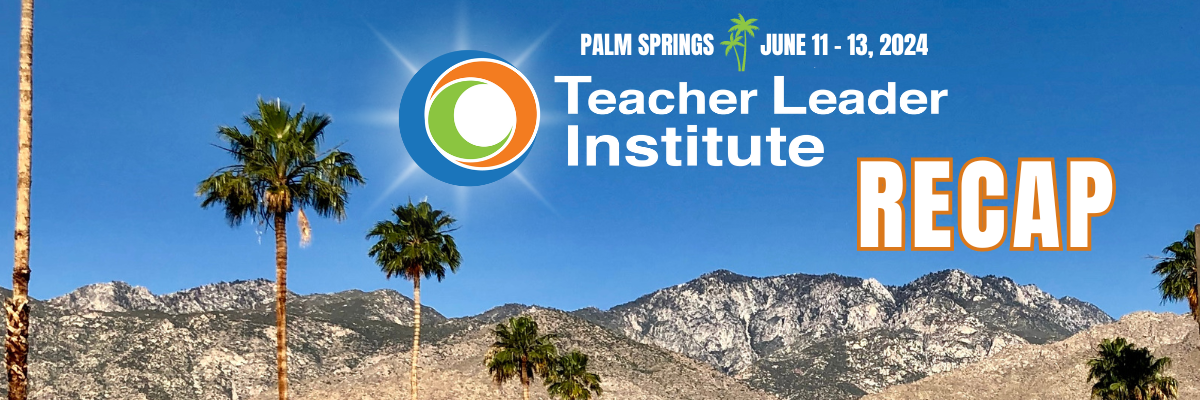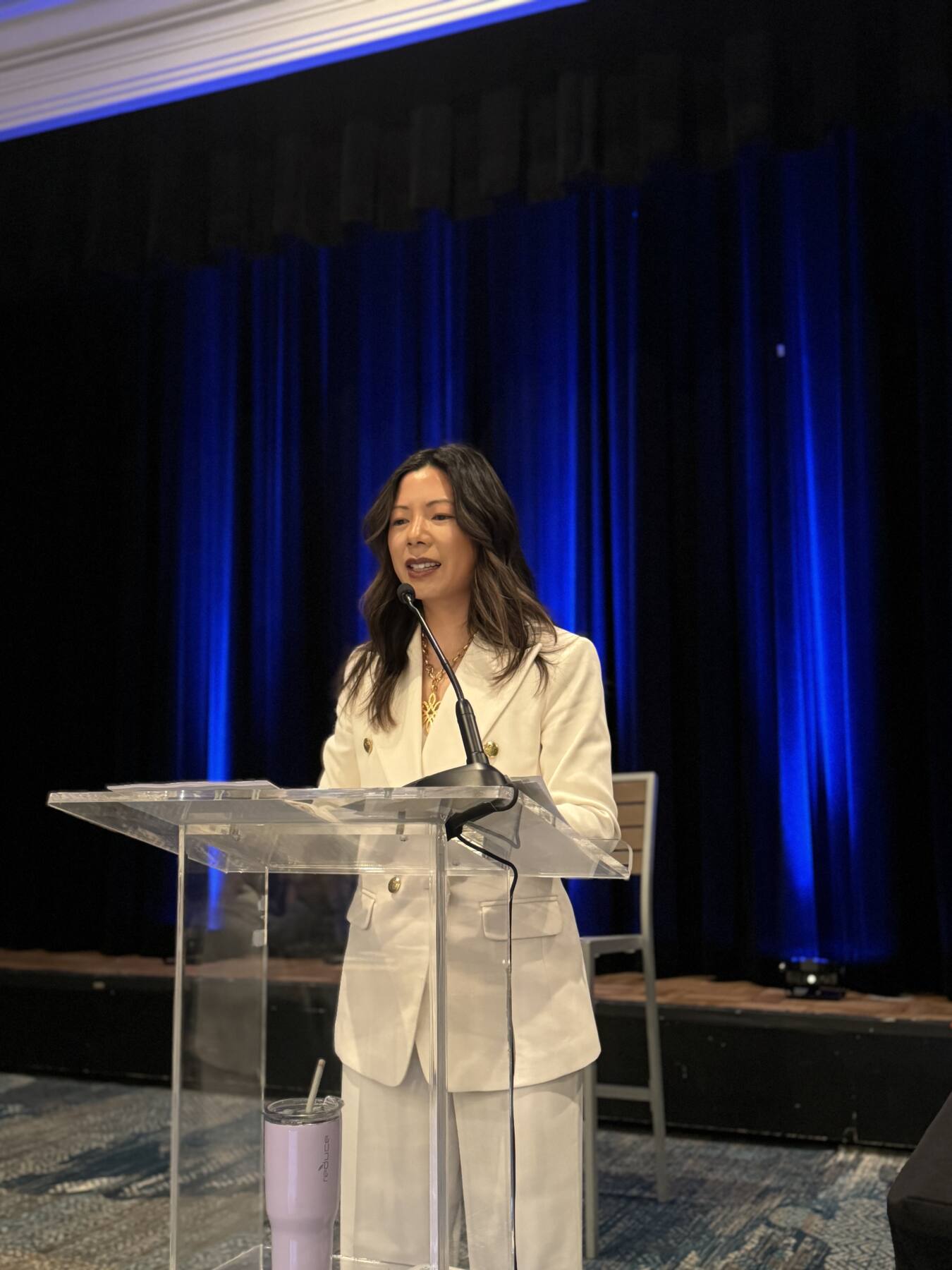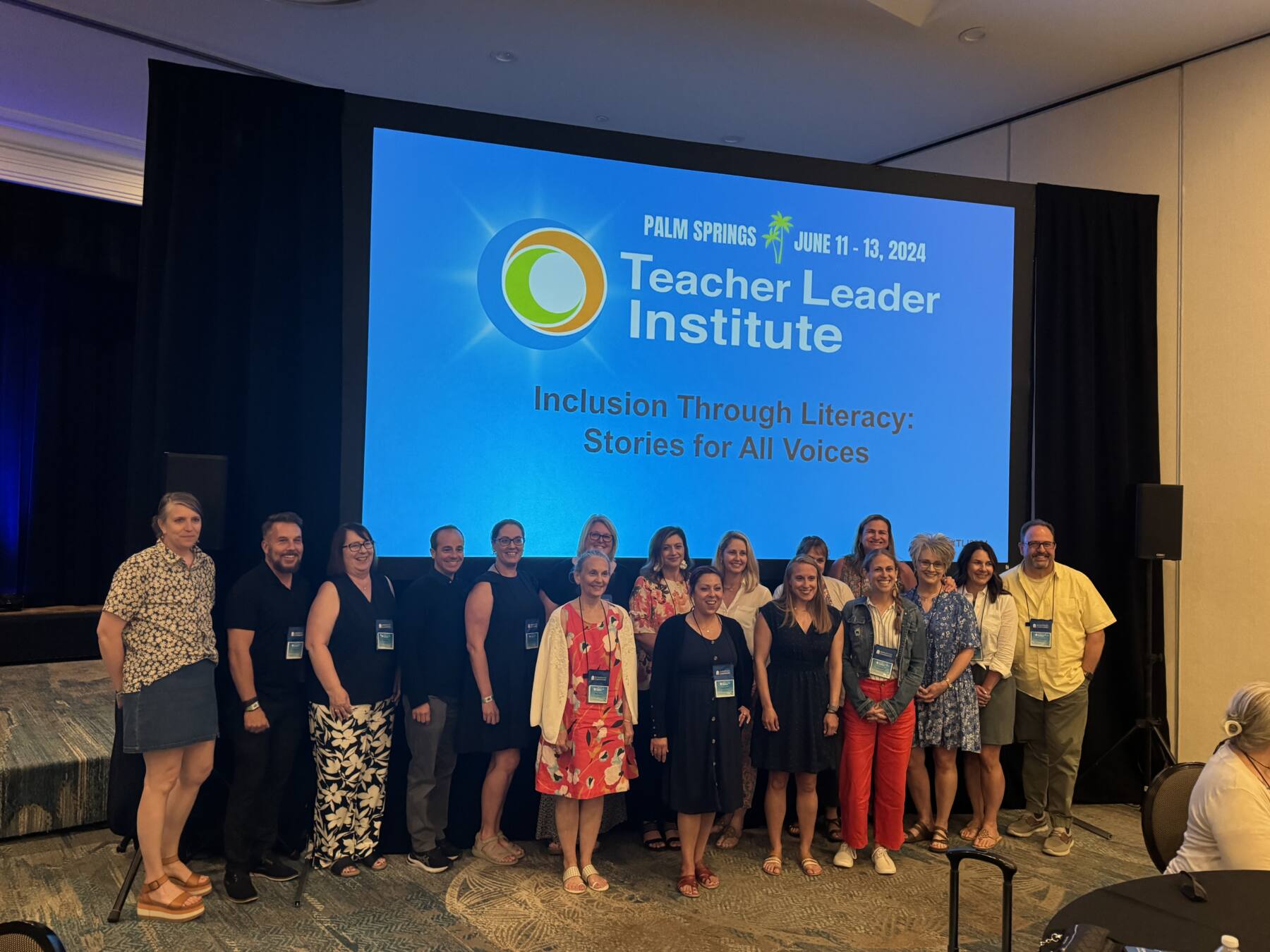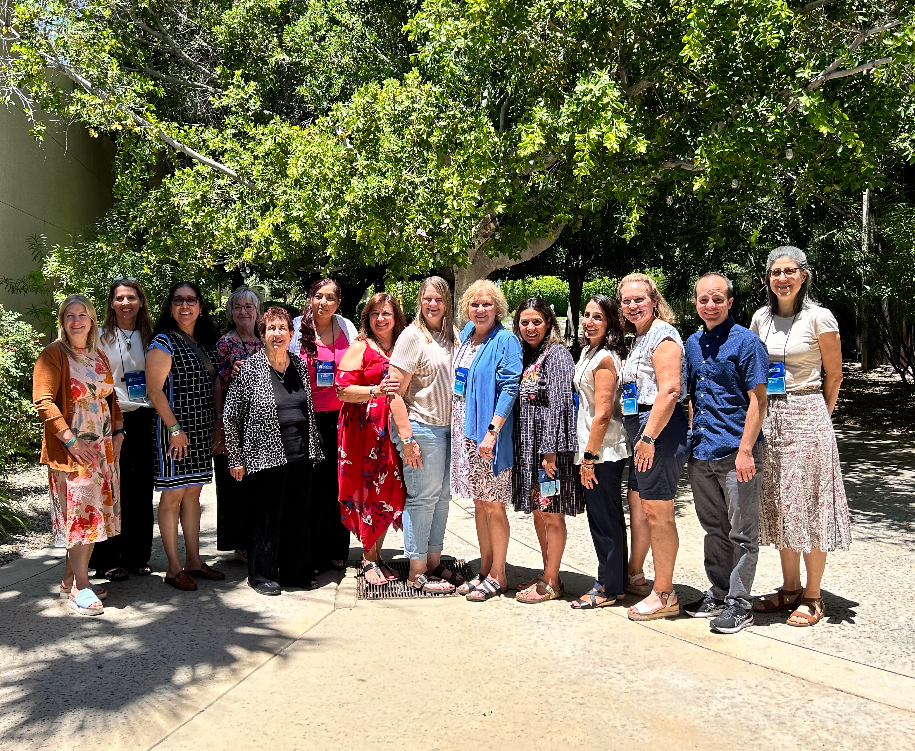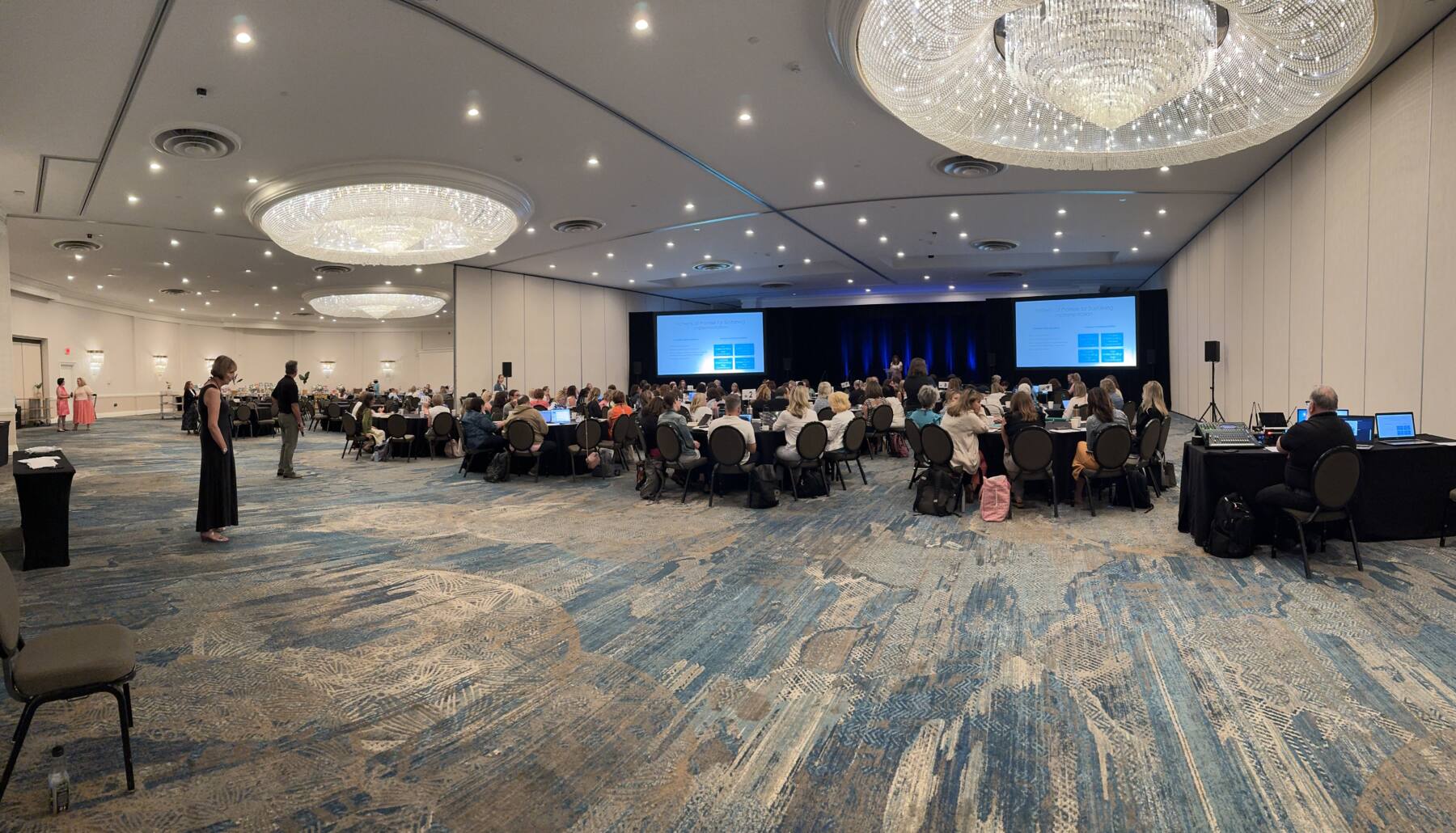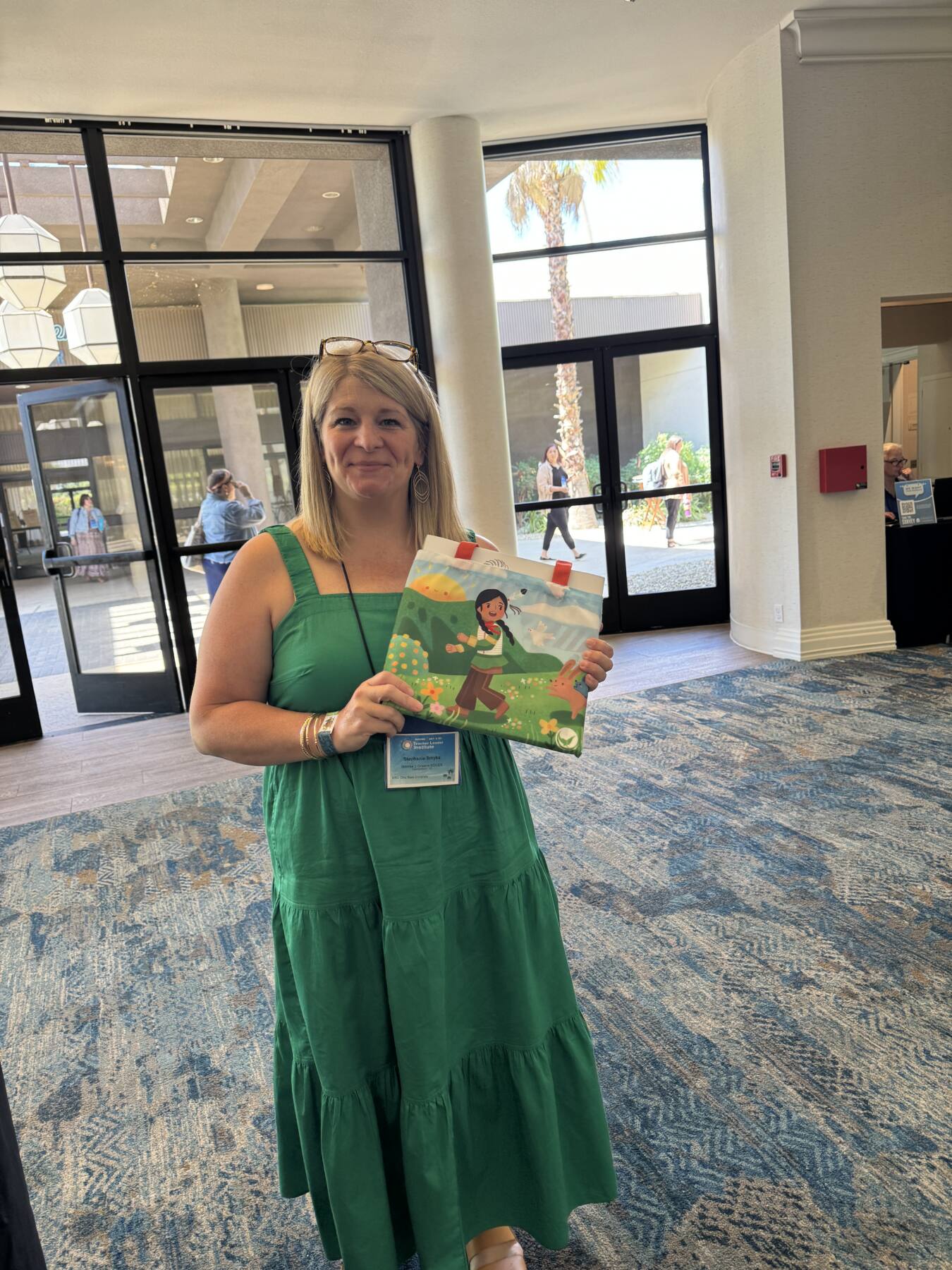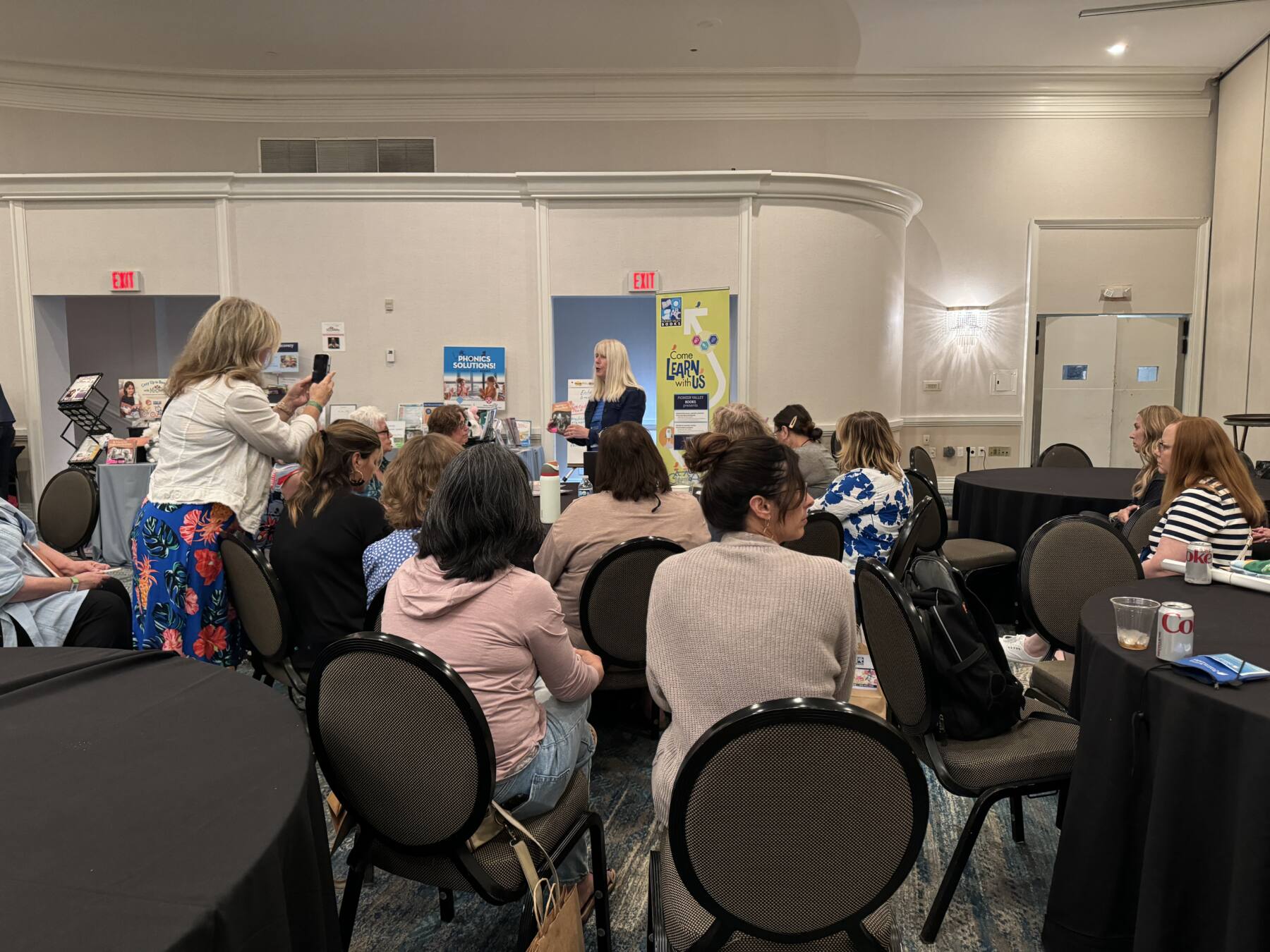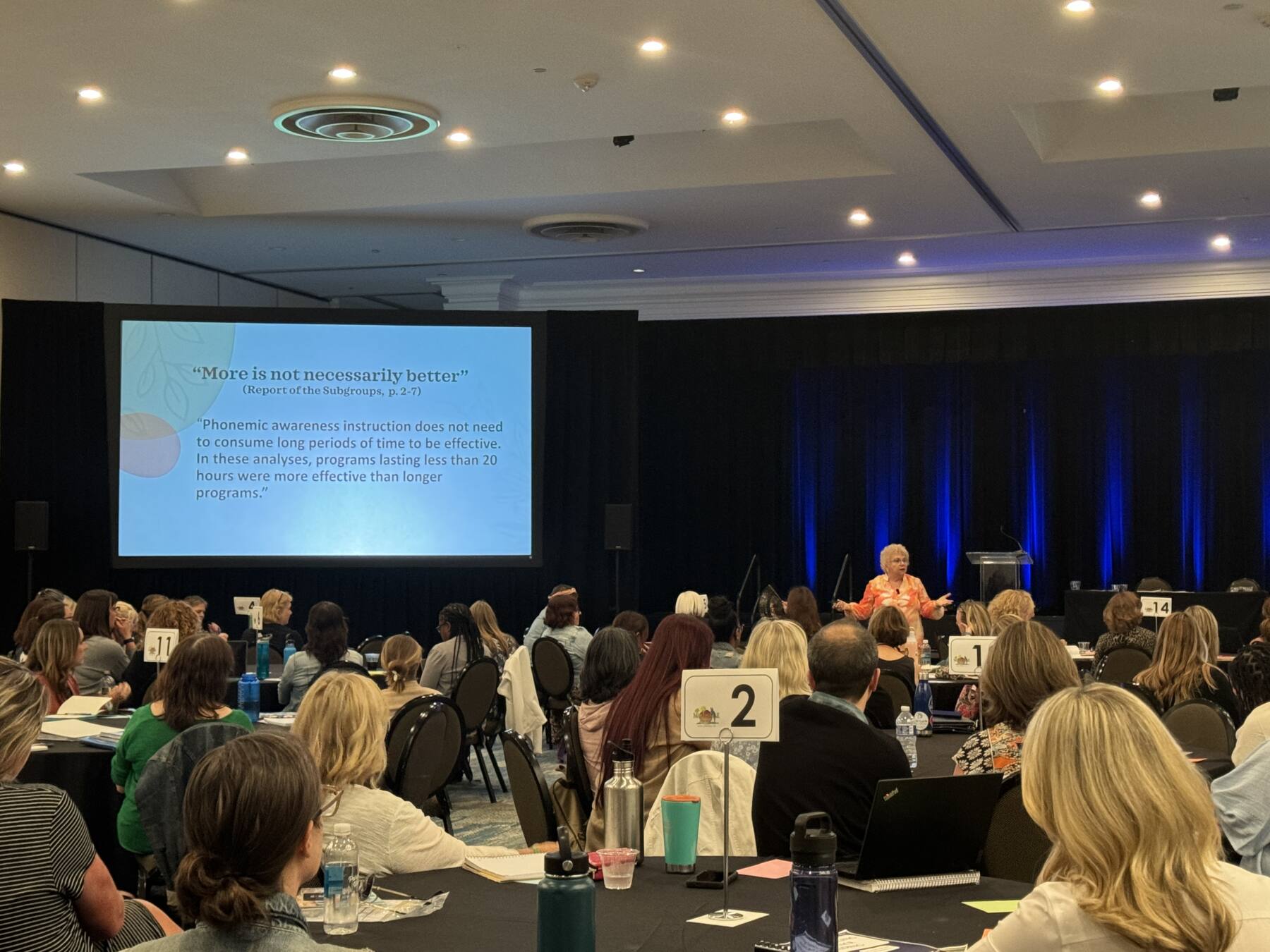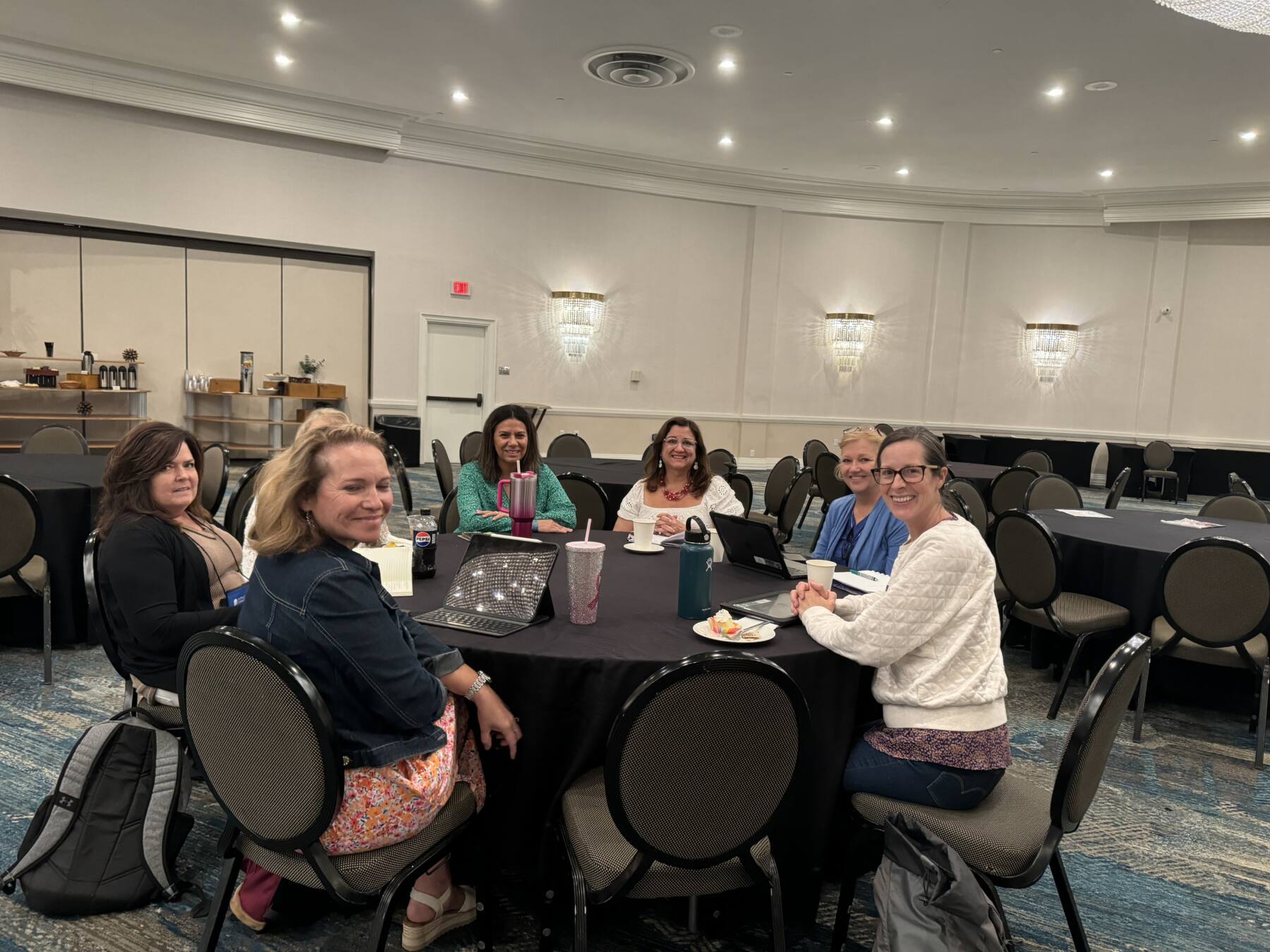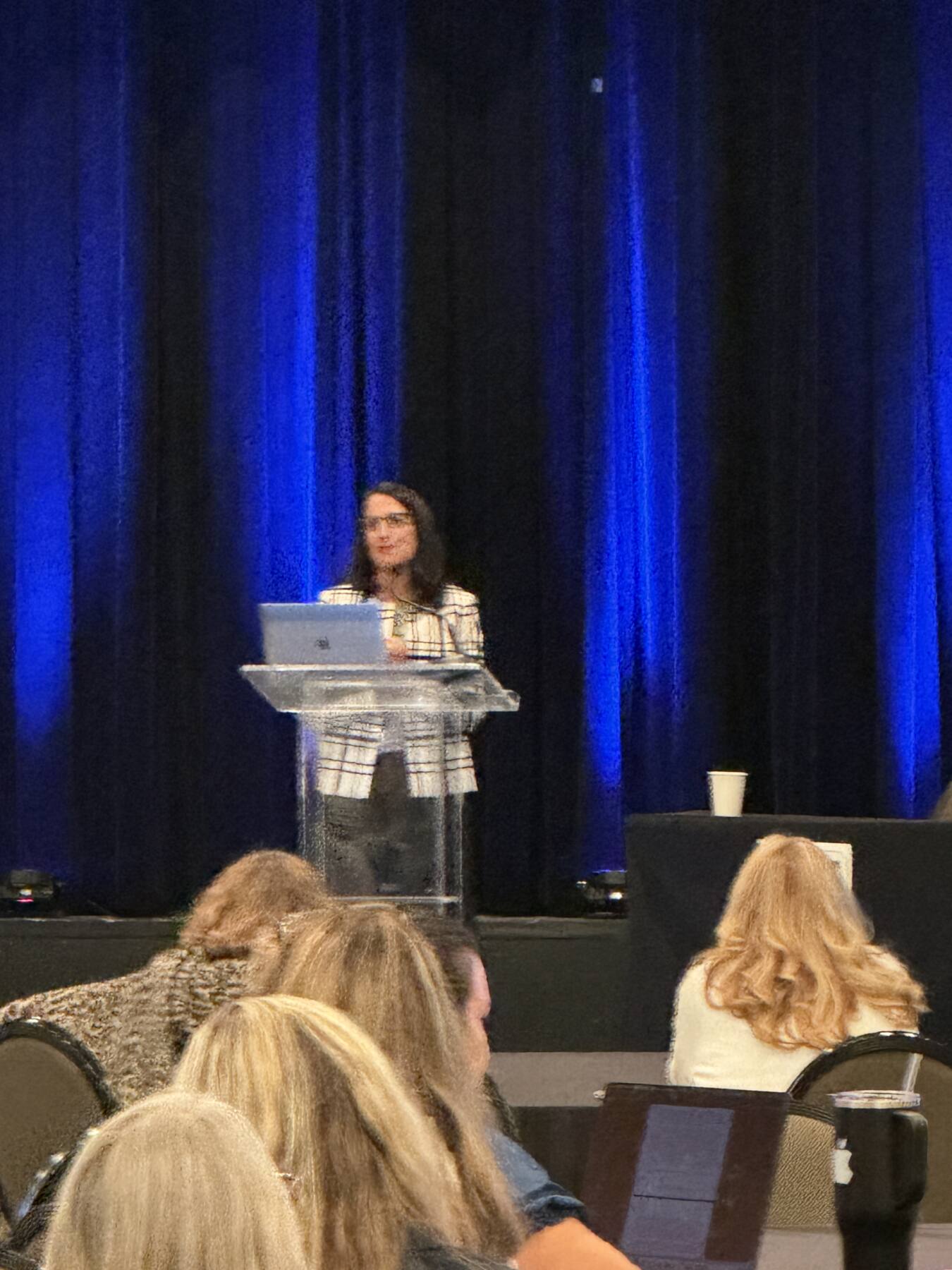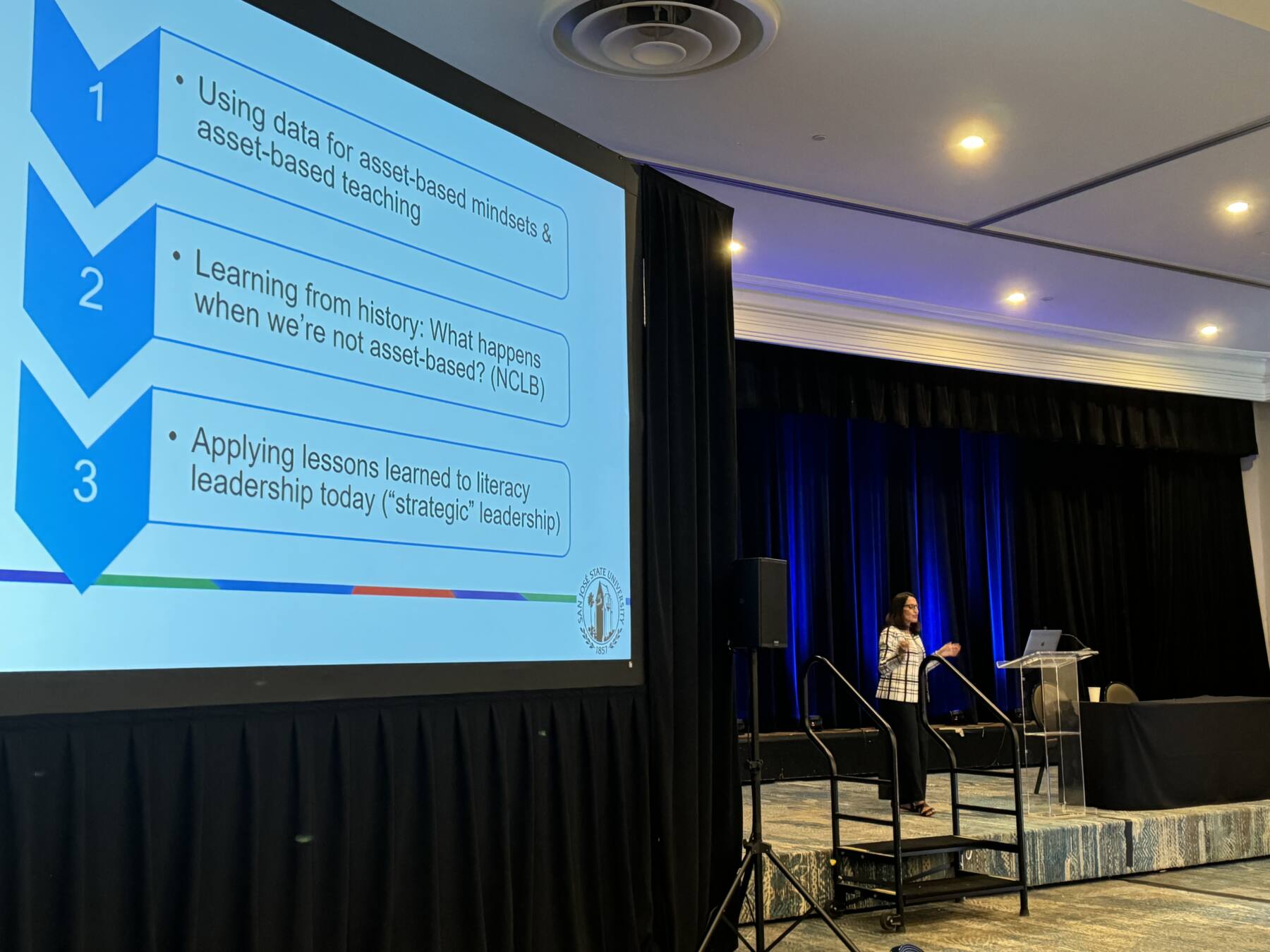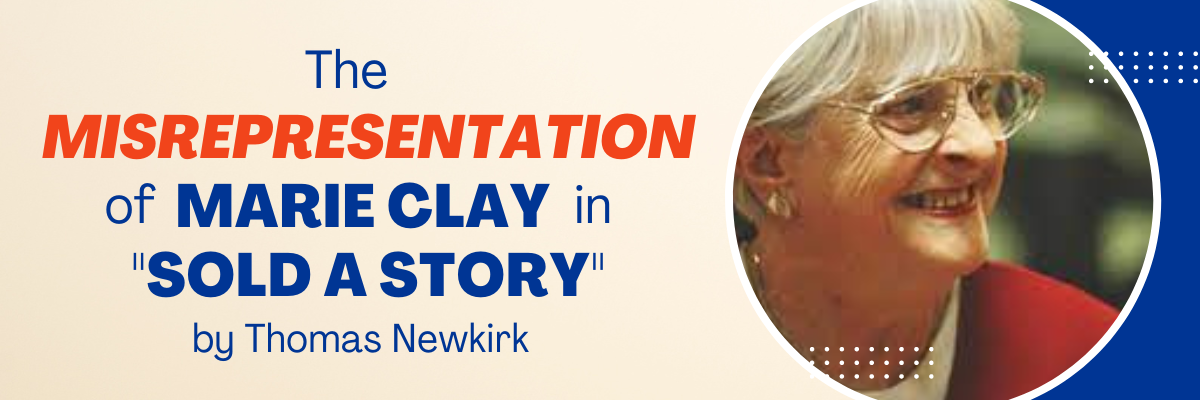The Truth About Reading: The Eyes and Brain at Work
The recent webinar, The Truth About Reading: The Eyes and Brain at Work, was a collaborative effort between the International Literacy Educator Collaborative and Uniting to Save Our Schools. Both organizations are deeply committed to promoting inclusive public education practices that enable all children to achieve their full potential as literate, thoughtful individuals.
This thought-provoking event featured three leading researchers who addressed and debunked some of the misinformation often promoted by Science of Reading profiteers:
- Alan Flurky discussed Eye Movement Miscue Analysis (EMMA) and how utilizing findings from EMMA supports reading as a meaning-making endeavor.
- Peter Duckett shared his insights into the behaviors and needs of beginning readers, exploring both what they do and what they should do to become proficient readers.
- Maria Perpetua Liwanag delved deeper into EMMA research, emphasizing reader strategies that extend beyond the simplistic view of reading as merely “breaking the code.”
A major concern among thoughtful educators is the extent to which scientific research continues to be ignored, suppressed, and discounted by the Science of Reading movement, including the decades of research that support valuable interventions like Reading Recovery. This webinar underscored the importance of considering all scientific evidence to support effective literacy education.
Only by embracing a comprehensive, “Whatever It Takes” approach to literacy that includes diverse scientific perspectives, we can ensure a more effective and equitable educational experience for all students.
Watch the webinar in its entirety here.

